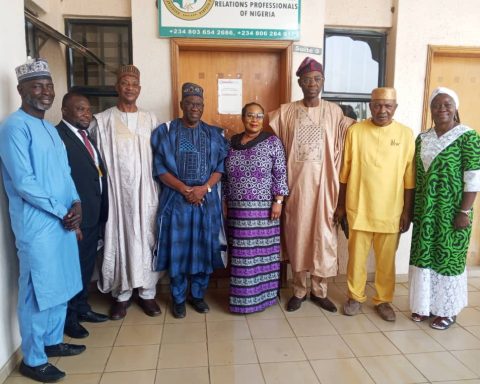In a move to revitalize its domestic steel industry, the Zimbabwean government has imposed new restrictions on the importation of certain steel products, requiring importers to obtain licenses.
The measure, outlined in Statutory Instrument 46 of 2025, aims to promote local production, conserve foreign currency, and support emerging manufacturers like the Dinson Iron and Steel Company (DISCO).
Join our WhatsApp ChannelThe new regulations, gazetted by the Ministry of Industry and Commerce, amend long-standing import policies dating back to 1974. The updated list now includes flat-rolled steel under 600mm in width, hot-rolled and forged bars and rods, as well as steel angles and sections. Under the revised rules, importers of these products must now secure a license before bringing them into the country.
The policy shift comes as Zimbabwe’s steel and iron industry undergoes a significant transformation, driven by new investments and the revival of historical assets. At the forefront of this revival is DISCO, a subsidiary of China’s Tsingshan Holdings Group, which is developing the US$1.5 billion Manhize Steel Plant.
READ ALSO: Burkina Faso: A Nation Under Siege From Within And Without
Currently operating at 60% capacity, the plant is on track to become Africa’s largest steel producer. Its first phase targets an annual output of 600,000 tonnes, with plans to expand to 1.2 million tonnes in the second phase and eventually 5 million tonnes in later stages.
“We are now producing 16mm, 20mm, and 25mm deformed bars, which are final products suitable for construction purposes. Currently, we are producing about 300 tonnes of deformed bars per day,” said DISCO Public Relations Manager Joseph Shoko.
He expressed confidence that local demand would be met, adding that domestically produced steel would be more affordable than imports.
Zimbabwe currently spends over US$1 billion annually on steel imports, a figure the government hopes to drastically reduce through local production.
Industry players and officials have welcomed the licensing requirement as a strategic step toward import substitution and economic self-sufficiency.
“This policy will not only protect our growing steel industry but also save foreign currency and create jobs,” said a government official familiar with the matter.
READ ALSO: Zimbabwe Changes Currency To ZiG Amidst Currency Woes
The move aligns with Zimbabwe’s broader industrialization agenda, which seeks to leverage local resources and attract investment into key sectors. With the Manhize plant poised to ramp up production, the country could soon emerge as a major steel exporter in the region.
While the new regulations may pose challenges for businesses reliant on imported steel, authorities argue that the long-term benefits—cheaper local steel, reduced import bills, and industrial growth—will outweigh short-term disruptions.














